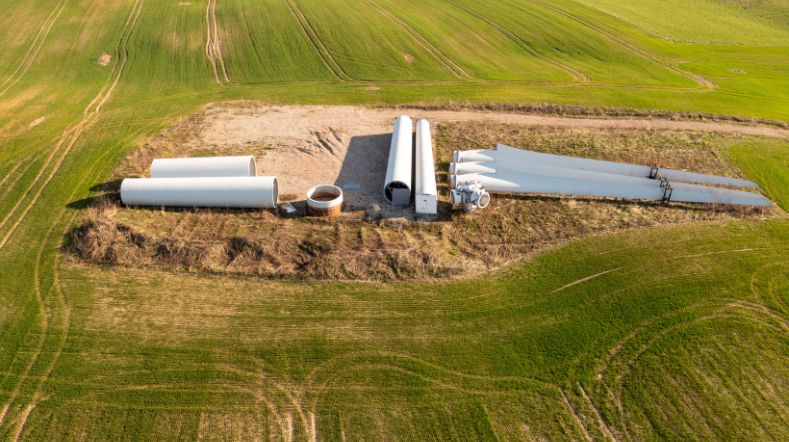
Wind turbine inspections with autonomous drones and digital twin modelling
Wind turbine blade inspections can be faster, cheaper and safer. TNO and SpectX are combining their expertise areas on a new one-year project known as the IBIS project (Increased Blade Inspection Safety). The teams will employ advanced autonomous drone technology and digital twin models, which can reduce the need for manual inspections. Initial trials on a turbine blade on the ground were successful; the first pilot field inspections will take place soon.
Combining technologies for accurate lifetime predictions
Wind farm owners all know that inspecting and maintaining wind turbines take up a large portion of their operational costs. Technicians need to climb the wind turbine and manually check each blade for damage, fractures and other issues that may impair the service life.
SpectX is an expert in developing autonomous drones and is developing an advanced new system specifically for this project. Two drones fly in tandem and use X-ray technology to scan every inch of a wind turbine blade. The radiographic images from the scan are then interpreted and enhanced by means of AI coding.
Digital twin modelling
This is where TNO’s knowledge of digital twin modelling comes into play. The team at TNO create a fully digital replica of the turbine blade, which takes into account all factors of the actual blade. For instance, it knows the environmental loads the blade is subjected to, such as wind gusts and other natural forces.
By importing and interpreting the data obtained from the radiographic scans via an AI interface, TNO can enhance the blade’s lifetime prediction and thus maximise the performance of the wind turbine.
Minimising human risk and human error
Once completed, the IBIS project will offer many benefits to owners of wind farms. Besides the significant cost and time savings, safety hazards are also drastically reduced because rope access inspections can mostly be avoided.
It is a prime example of how human innovation and AI-driven technology can work together on maximising performance and sustainability.
The IBIS project, a collaborative effort of TNO and SpectX, has been made possible in part with funding from TKI Offshore Energy.

Get inspired
Improving wind turbine maintenance with the sensor installation robot
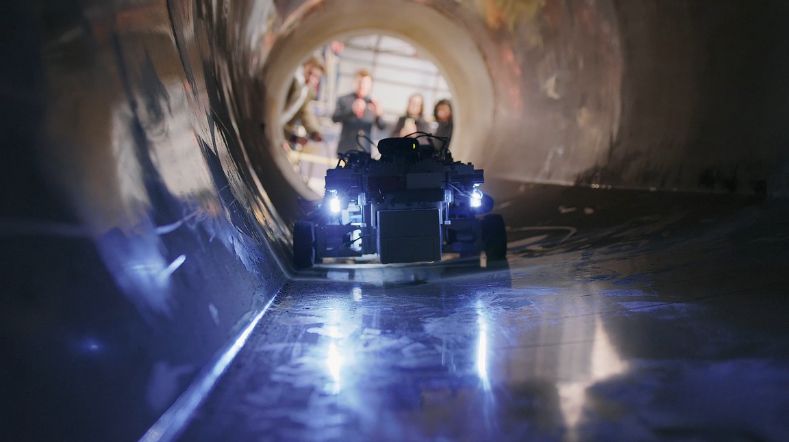

Project launched for recycling wind turbine blades
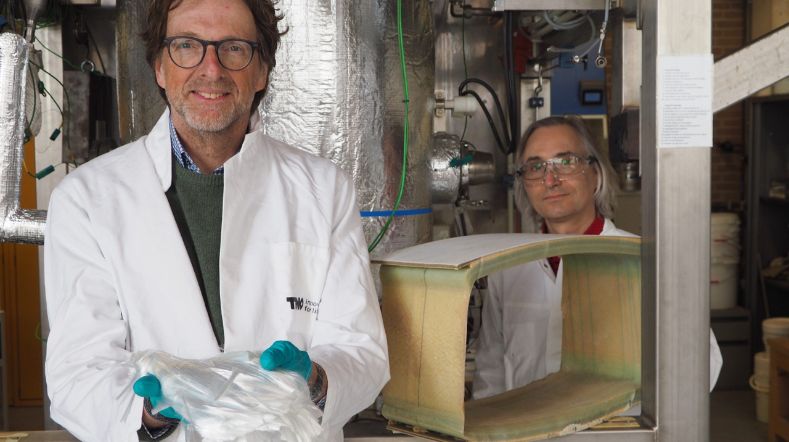

TNO research leads to better damage prediction for offshore wind turbine blades
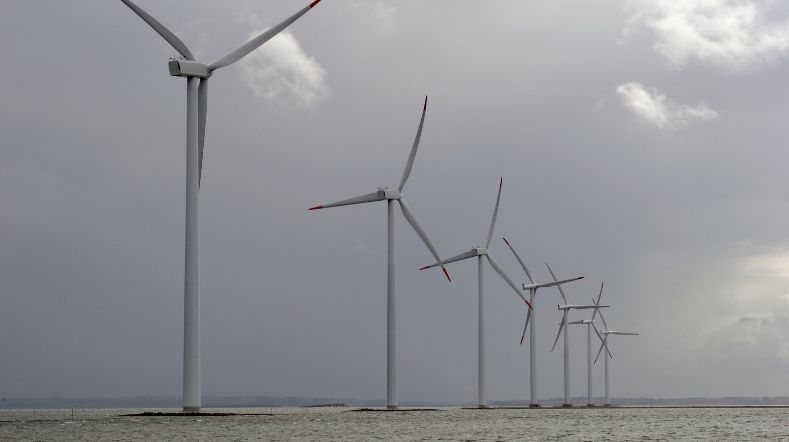

Better damage prediction for wind turbine blades through unique weather measurements at sea
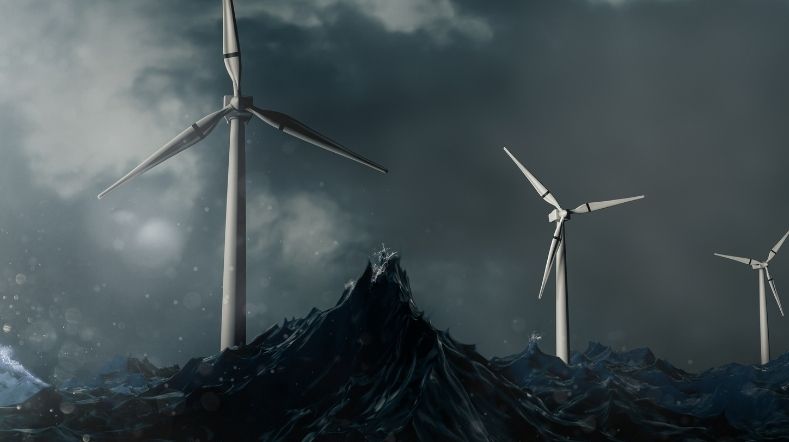

First study on public perception of wind turbine circularity
